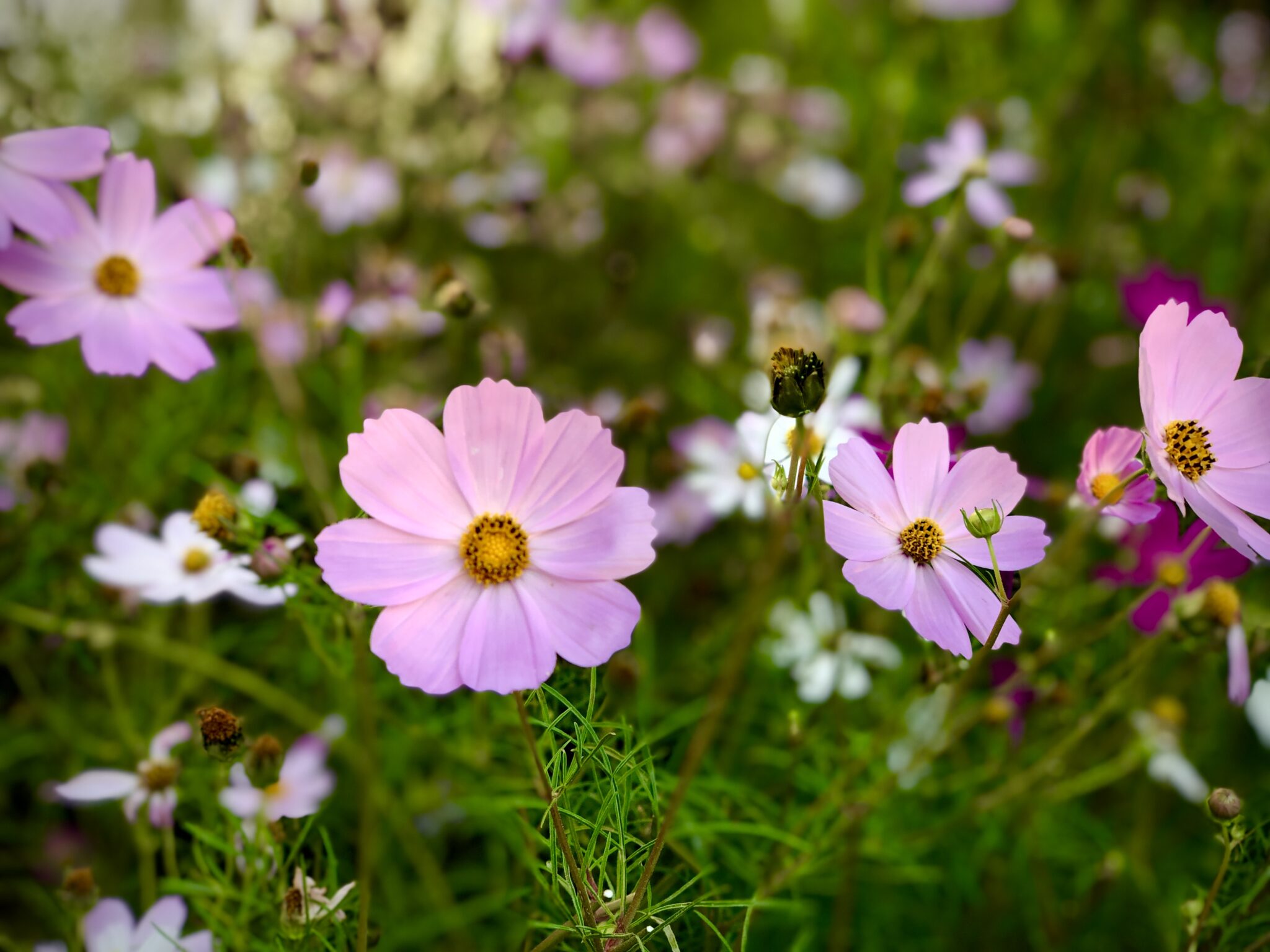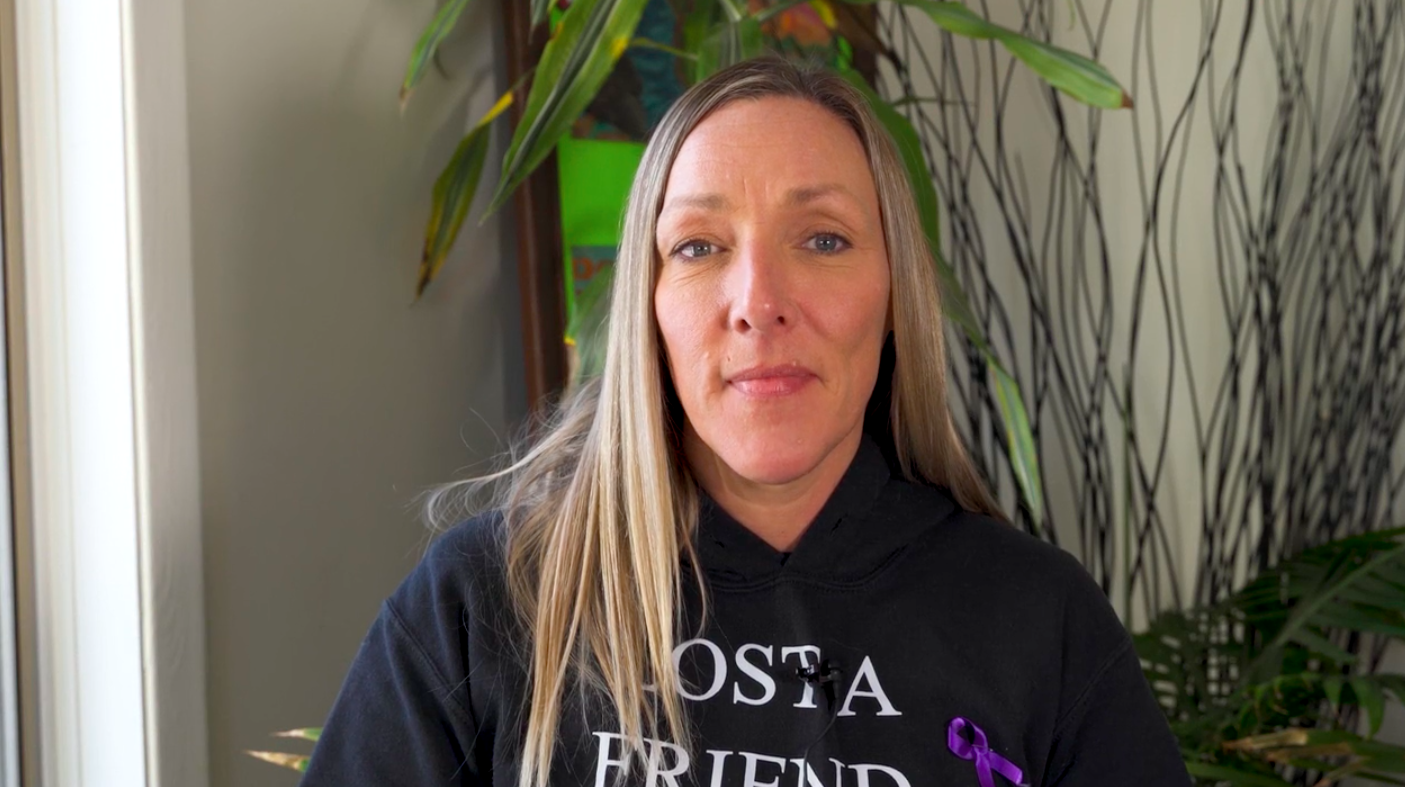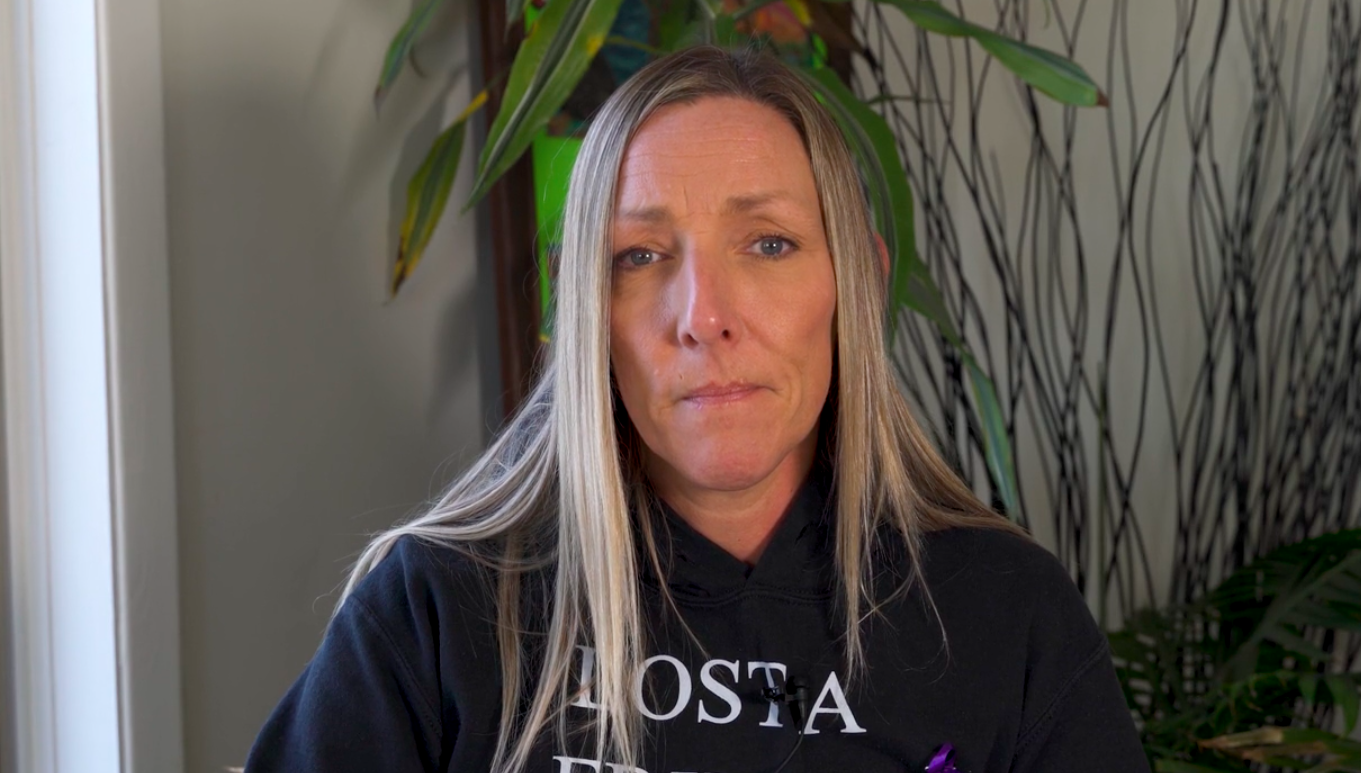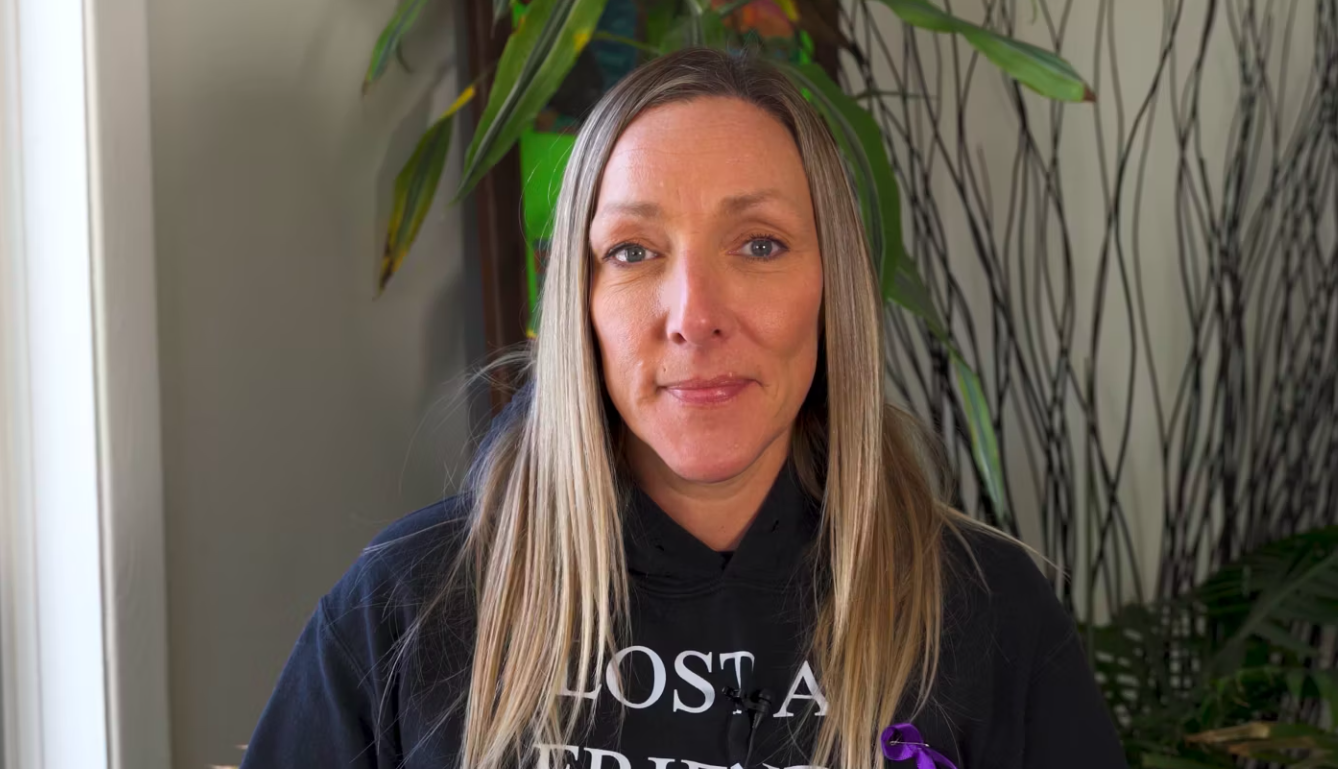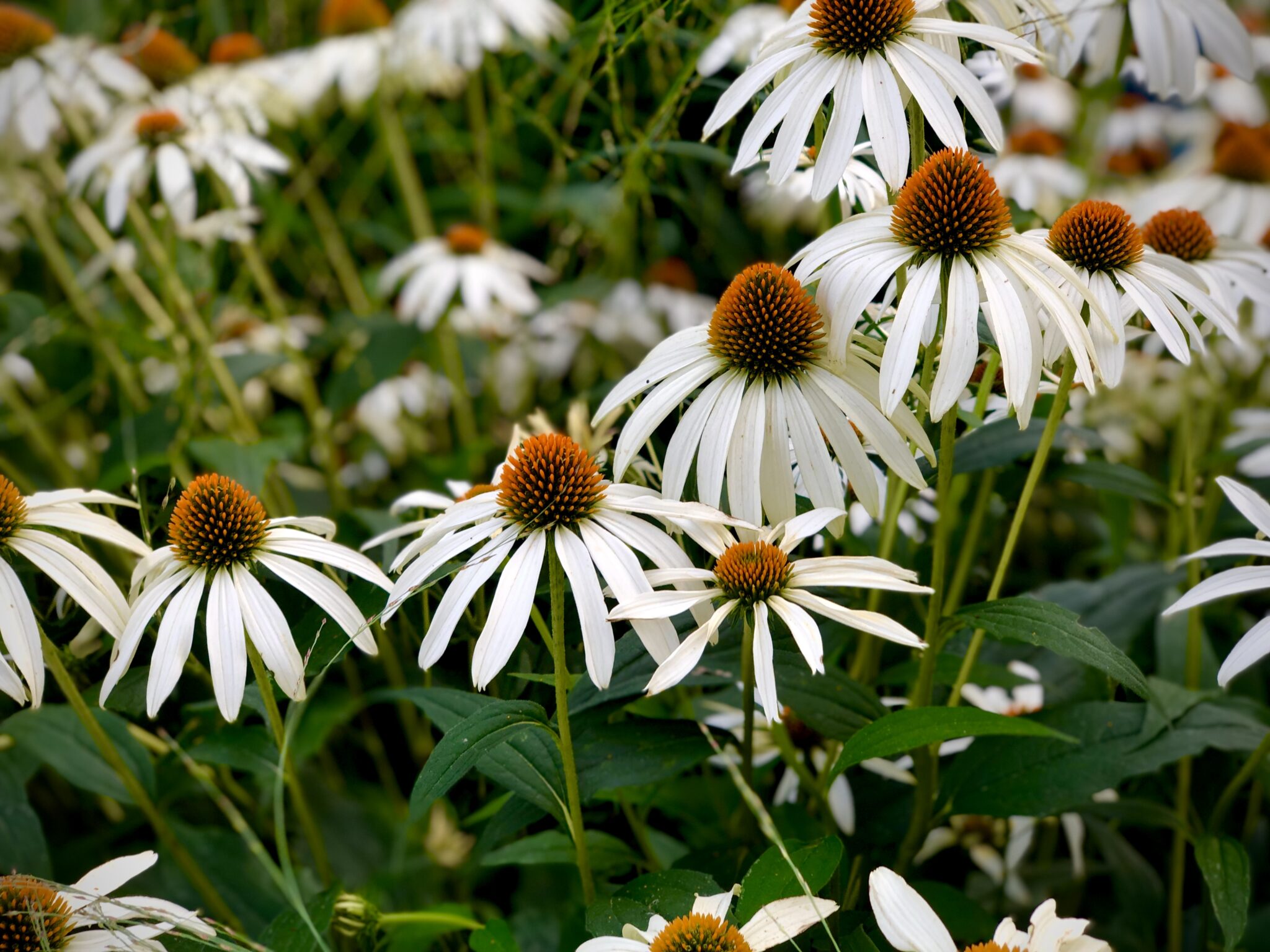Posts Tagged ‘toxic drug poisoning’
A Million Other Things: Grieving a Drug Poisoning Death
By Jessica Milette, MSW, RSW
A parent sits across from me, anxiously wringing their hands. They will be returning to work after the sudden death of their child. “What if they ask? Do I tell them that they died of an overdose?” Terror flashes across their face. “What if they judge me? My child? What if they think I’m a terrible parent?” We take a moment to reflect on their child and I ask them to tell me about them. They pause, but then I notice their hands aren’t as tense as they cross them over their shoulders. “They were so thoughtful and gave the best hugs. Their smile would light up any room.”
Sister, father, son, niece, best friend – some of these words might be how you would describe your loved one who has died of an overdose or drug poisoning. People Who Use Drugs (PWUD) are not defined by their substance use – they are a million other things to those who love and miss them dearly. Drug poisoning and overdose deaths are stigmatized in our society. The focus is on how the person died, not who they are. Society still holds onto old notions and beliefs about drugs which come with a value judgment about people who use drugs, which further contributes to stigma. Not everyone who uses drugs is an addict and not all drug use is inherently problematic. People who use drugs deserve dignity and respect when we are remembering and honouring those who have died by overdose or drug poisoning.
More stigma means less support for people using drugs and those that support them. Much work has been done and continues to be done to dispel myths and stigma about addiction, drug use, and those who use drugs. Addiction is an illness: something that someone lives with, not something that defines them. These same values and judgments society has about drug use aren’t attached to folks who die of other illnesses. Society tends to view drug use and those who use them as a black and white issue. However, those who love someone who uses drugs weave a rich, colourful tapestry made of stories, reminders, and feelings about their loved one.
In my years as a grief therapist, those left behind want to share a special moment or memory about their loved one with a trusted other. When one is grieving a drug-poisoning death, this trust and sacredness without judgment offers the freedom to sit in the entirety of their grief—the grief they felt when their loved one was alive and when they died. Taking the time to use a loved one’s name in conversation, and asking the griever to share something about their loved one is a powerful tool for us on our grief journey. By initiating these types of conversations, we let the griever know that if they wish to, they can talk about their loved one. Sharing our stories are some of the most powerful ways one finds connection and healing through grief. It helps us feel less alone in our grief by sharing about what makes our person special. Those we love and grieve aren’t just a person who uses drugs – they are so much more. May each of us continue to share stories about our loved ones and the many facets their lives hold.
*DISCLAIMER* The scenario described in the article is a general reflection upon themes the author has witnessed through their grief counselling work and does not represent a specific individual in order to protect the confidentiality of service users.
Nicole – Stigma Surrounding Drug Use
Nicole – Stigma Surrounding Drug Use
Nicole discusses how the stigma around drug use has an impact on how people feel able to grieve when those in their community are lost.
Nicole – Pandemic’s Effect on Safe Spaces and Mental Health Access
Nicole – Pandemic’s Effect on Safe Spaces and Mental Health Access
Nicole discusses how the pandemic affected access to safe spaces and shelters for those living rough and living with addiction.
Nicole – Pandemic’s Effect on Grieving as a Community
Nicole – Pandemic’s Effect on Grieving as a Community
Nicole discusses the ways the pandemic has affected the way people grieve as a community.
Beauty found at the edges: a portrait of community support
By Meghan Sheffield
In the first days of July, there aren’t many flowers blooming, I learned.
I’d sent a text saying “Hello friends, I’m putting out a call for flowers. I went to public school with Kory, the young man who died in downtown Cobourg this week, and though I hadn’t seen him in recent years, I feel the loss of him on a community level, as I imagine you do, too. Some of Kory’s people are gathering tonight in vigil at the bank where he died, and I’m gathering flowers from those of us who have gardens to share with this grieving community. Do you have some blooms in your garden that you’d be willing to share?”
Kory died as a result of a toxic drug poisoning that took his life in the bank vestibule where he was sheltering. His friends were grieving, angry, disbelieving. The wider community was in shock that this could happen here, in such an ordinary place, to a local boy, born and raised.
Those who knew him best, who had been with him in what became his last days and months, began to talk about holding a vigil, a time and place to be together in their grief.
As it turned out, the tulips and peonies had faded and finished, and the dahlias and zinnias hadn’t begun to flourish yet. I got some nervous replies about the current state of the garden. A mom from my daughter’s class texted to say that they were sorry, but just didn’t really have much to offer right now.
Then the first yes rolled in. “Yes, I will pull something together. We have one million daisies.”
A man’s whole life. One million daisies.
As it turned out, there was an abundance to be had, if you knew where to look, if we just widened the margins of “the garden” and looked to the edges of the wild places.
We know that trauma of all kinds is inequitably distributed in our society, and that access to healing resources is even more inequitable. For community members who rely on a prohibited, criminalized supply of certain substances, the experience is not just a risk of personal harm, but of compounding losses and grief. It means mourning in isolation because the cause of death is so stigmatized. It means administering life-saving medicine and performing chest compressions in the glow of flashing lights, while still in mourning for the most recent loss.
I spent an hour driving around, picking up mason jars filled with blooms from doorsteps all over town. There were daylilies and hydrangea, wild vetch and bladderwort, fragrant bee balm and holy basil, and yes, one million daisies.
At the vigil, the jars of flowers were joined by an eagle feather and abalone shell, offerings of cigarettes, and a can of Molson resting on the window sill outside the bank. Candles were lit, stories were told, tears were shed.
Those of us who didn’t know Kory well, who were present to show our support, to acknowledge the community and systemic level failures that had led us to this place, were invited to hold a perimeter of care for those in the centre, who were grieving, by standing at the edges of the gathering.
For days after the sunset vigil, at the doorstep of an ordinary bank, flowers bloomed on the grey cement sidewalk on main street. Wild, fleeting, beauty.

